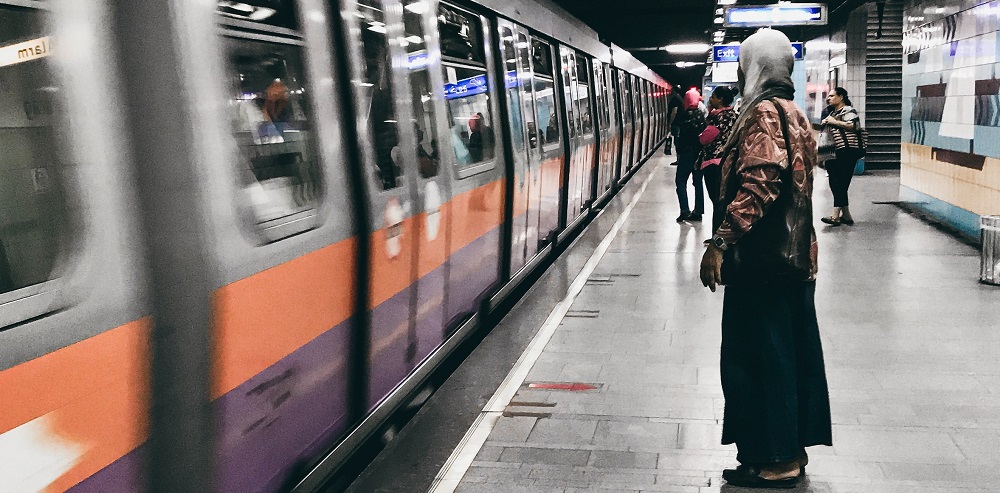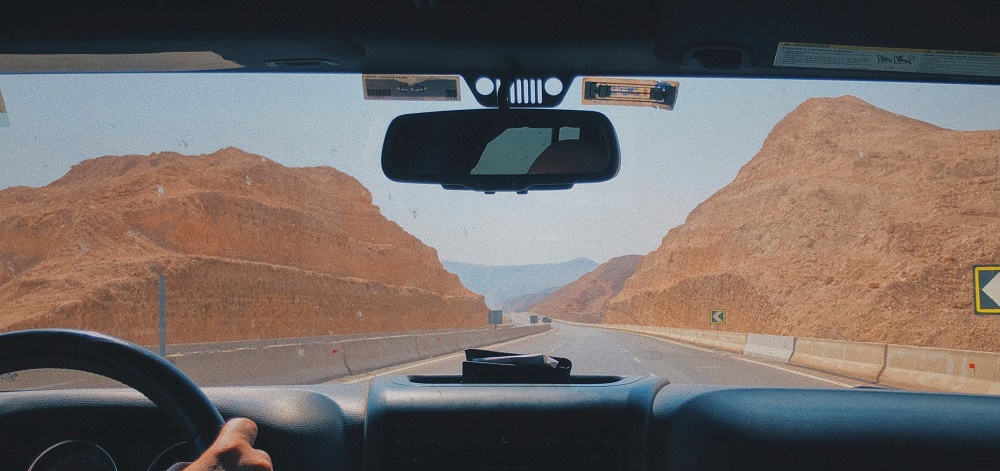- Download our Moving to Egypt Guide (PDF)
Transport and driving in Egypt are important issues for expats to consider. While driving in Egypt can be dangerous and chaotic, the country does have an extensive road network, and expats can travel by car or by bus between most cities.
That said, expats should bear in mind that Egypt has one of the highest incidences of road fatalities in the world, and they should take extreme caution when driving. In fact, when travelling long distances, we recommend travelling by rail, river or air.
Public transport in Egypt
The public transport system in Egypt is extensive and affordable. It’s relatively easy to get around the country by train or bus. That said, it’s worth mentioning that public transport is not always the most comfortable way to travel in Egypt.

Buses
Numerous bus routes in Egypt connect the country’s major cities, but many of these intercity buses can be overcrowded and uncomfortable. Fortunately, deluxe buses also exist on some routes between certain cities. They cost more, but the tickets are still relatively inexpensive and well worth the inclusion of air conditioning, onboard toilets, and in some cases, WiFi.
Tickets can be purchased at bus stations or on the bus itself, although it is better to book tickets in advance to guarantee a seat on busy routes. There are almost always inspectors on the bus, so expats should ensure that they have paid the correct fare and are carrying their passports in case the bus stops at a military checkpoint.
Local buses also operate within cities, and most cities will also have minibus services available.
Trains
Egypt’s train network is operated by Egyptian National Railways and is affordable and extensive, covering thousands of kilometres. Some trains have air conditioning – these trains are divided into first- and second-class. Trains without air-conditioning have second- and third-class compartments.
Metro
Cairo is home to a metro system, one of only three fully-fledged metro systems in all of Africa. The metro has 80 stations and carries millions of passengers a day. The metro is fast, reliable and convenient. The two middle cars of each train are usually for women only.
Boats
Those who want to travel via something more exciting than a bus or a train should consider taking a boat down the Nile River. Expats can travel on a traditional felucca or a cruise ship or steamboat.
Useful links
- Some of Egypt's most popular bus companies, include Highjet and Mwasalat Misr.
- For more on train schedules and routes across Egypt, check out the Egyptian National Railways.
- The Cairo Metro’s website offers key passenger information.
Taxis in Egypt
Taxis are widely available in Egypt’s major cities. Expats should try to form a relationship with a trusted taxi driver so that they always have someone reliable to call if they need to be somewhere quickly or need a driver for the day. Taxis are typically white and blue or yellow and black.
Another viable option is using a ride-hailing app like Uber or the local version, Careem. This minimises miscommunication and gives the passenger more control over the route and rate.
Useful links
Driving in Egypt

Driving in Egypt can be daunting. For this reason, some companies provide employees with a driver, but many people still choose to drive themselves, and some employers even cover defensive driving lessons to better equip expats for driving in Egypt.
Egyptians drive on the right-hand side of the road, and road signs are usually in both Arabic and English and are fairly similar to road signs used in Europe.
Road hazards in Egypt
Expats need to be extra vigilant when driving in Egypt as there are many road hazards to contend with. These include a lack of stop signs and traffic lights, drivers’ disregard for lane markings, and obstructions on the road.
Drivers are also likely to encounter stationary vehicles in the middle of the road, trucks driving the wrong way down one-way streets, and minibuses stopping suddenly to allow passengers to disembark in the middle of the road. Drivers in Egypt are also reluctant to use their headlights in the dark and are also not consistent about indicating before turning. It is best to avoid driving at night if possible.
Obtaining a local driving licence
Expats who decide to brave the Egyptian roads can drive in the country with a valid licence from their home country for six months. Egypt currently has no licence exchange agreements with other countries, so all expats who plan to drive in the country will need a local driving licence.
Drivers must take a practical and written test to secure their Egyptian driving licence. The written test will be in Arabic, so expats who are unfamiliar with the language may find it particularly challenging. Expats must produce a medical certificate and a clean blood test proving they are not drug users as part of the application process.
Useful links
- Visit the Ministry of Interior’s website for more information on driving licences and road safety in Egypt.
What do expats say about public transport in Egypt?
"There is a metro. It costs about ten cents US to ride. It covers much of the city. But it is very crowded during rush hour and must be avoided. Taxis are so ridiculously cheap. For a 40-minute taxi ride during rush hour, you usually would pay about USD 3. Unless you plan on being in Cairo for five years, there is no need to buy a car." Read more about Marc's experience living in Cairo and his tips on expat life in the country.
Further reading
►See Education and Schools in Egypt for a breakdown of the Egyptian schooling system.
Photo credits: Cairo Metro by Omar Adel and Driving in the Suez Canal by Rawan Yasser. Both from Unsplash.
Are you an expat living in Egypt?
Expat Arrivals is looking for locals to contribute to this guide, and answer forum questions from others planning their move to Egypt. Please contact us if you'd like to contribute.
Expat Health Insurance
Cigna Global Health Insurance.
Medical insurance specifically designed for expats. With Cigna, you won't have to rely on foreign public health care systems, which may not meet your needs. Cigna allows you to speak to a doctor on demand, for consultations or instant advice, wherever you are in the world. They also offer full cancer care across all levels of cover, and settle the cost of treatments directly with the provider.
Moving Internationally?
International Movers. Get Quotes. Compare Prices.
Sirelo has a network of more than 500 international removal companies that can move your furniture and possessions to your new home. By filling in a form, you’ll get up to 5 quotes from recommended movers. This service is free of charge and will help you select an international moving company that suits your needs and budget.
Get your free no-obligation quotes from select removal companies now!


